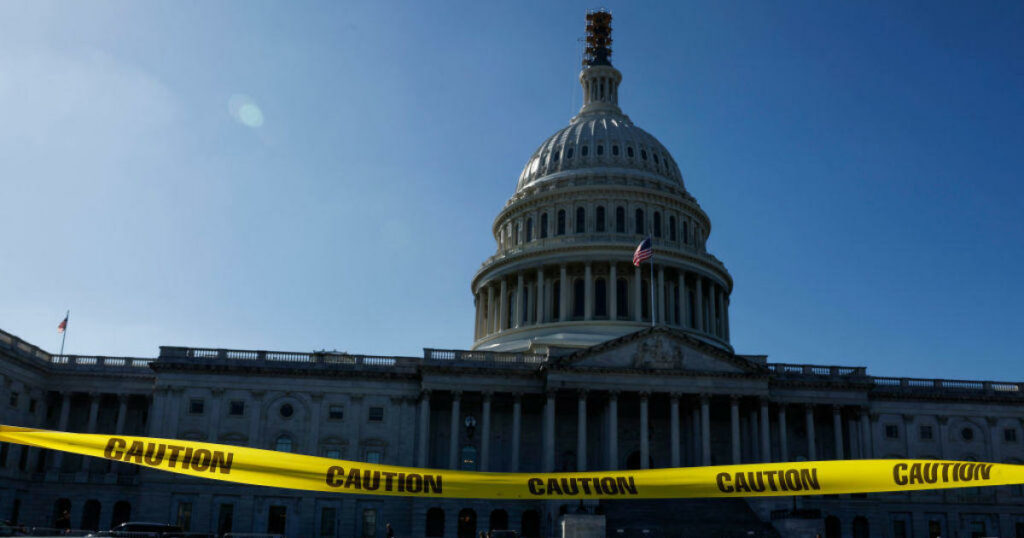
NCBFAA Regulatory Agencies Committee (RAC) Chair Mike Lahar, Vice Chair Karen Damon, and Counsel Cindy Thomas briefed members about the expected response to the government shutdown by the following PGAs:
- Food and Drug Administration (FDA)—Overall, the FDA will do better than most federal agencies, retaining approximately 80 percent of its workforce, due in part to carryover funding from user fees. This compares to 60 percent staffing levels in the 2019 shutdown. Most FDA import operations will continue to function because those positions are deemed necessary for the safety of human life or protection of property and are not subject to furloughs. The trade can expect Prior Notice review and entry processing to continue, as well as sampling and examination of high-risk products. RAC leaders cautioned, however, that staffing levels may not be equal across the board, with delays likely, especially in some of the smaller ports.
- Consumer Product Safety Commission (CPSC)—Most CPSC staff will be furloughed. Some CPSC will be available in the ports to assist CBP, but with limited capacity. Automated “May Proceeds” from CPSC are expected to continue. What is not yet clear is whether there will there be any support for the agency’s automated processes.
- Environmental Protection Agency (EPA)—Regional staff will be furloughed. This means no processing of Notices of Arrival for pesticide shipments and no response to emails or calls from the trade. Automated “May Proceeds” should still be viable, but any entry requiring EPA’s attention (such as unregistered pesticide products or entries where customs defined country of origin does not match the country of the EPA establishment number) cannot be approved.
- Fish & Wildlife Service (FWS)—FWS inspectors are user-fee funded and will continue working. The agency will not issue Designated Port Waivers and most other permits and licenses. During the last government shutdown, the e-Decs automated entry processing system was temporarily halted, causing delays due to manual clearance processes. Key import-related staff at Headquarters will continue to work during the shutdown.
- National Oceanic and Atmospheric Administration (NOAA Fisheries)—NOAA Fisheries employees are expected to be furloughed. This will not significantly impact trade, since NOAA approval is not required for most seafood shipments. Only toothfish imports require pre-approval by NOAA. CBP is not likely to clear any toothfish shipments during the government shutdown.
- USDA Animal and Plant Health Inspection Service (APHIS)—With nearly 80 percent of its staff funded by trust funds or user fees, APHIS import and export processing will remain largely intact. Preclearance and inspection of fruits and vegetables will continue, as will animal quarantine import and export activities. Nevertheless, delays and local holds can be expected since staffing will not be 100 percent.
- USDA Agricultural Marketing Service (AMS)—Ninety percent of staff is funded by user fees or other non-appropriated funding. Grading and inspection services and lab operations will continue.
- Alcohol, Tobacco, Firearms and Explosives (ATF)—The ATF Imports Branch will not be processing import applications generally during a shutdown. The agency is limited to only expending resources for critical activities. So, they will still process, on a case-by-case basis, applications that will be part of filling government contracts, but not for routine commercial or personal reasons.
Source: Los Angeles Customs Brokers and Freight Forwarders Association